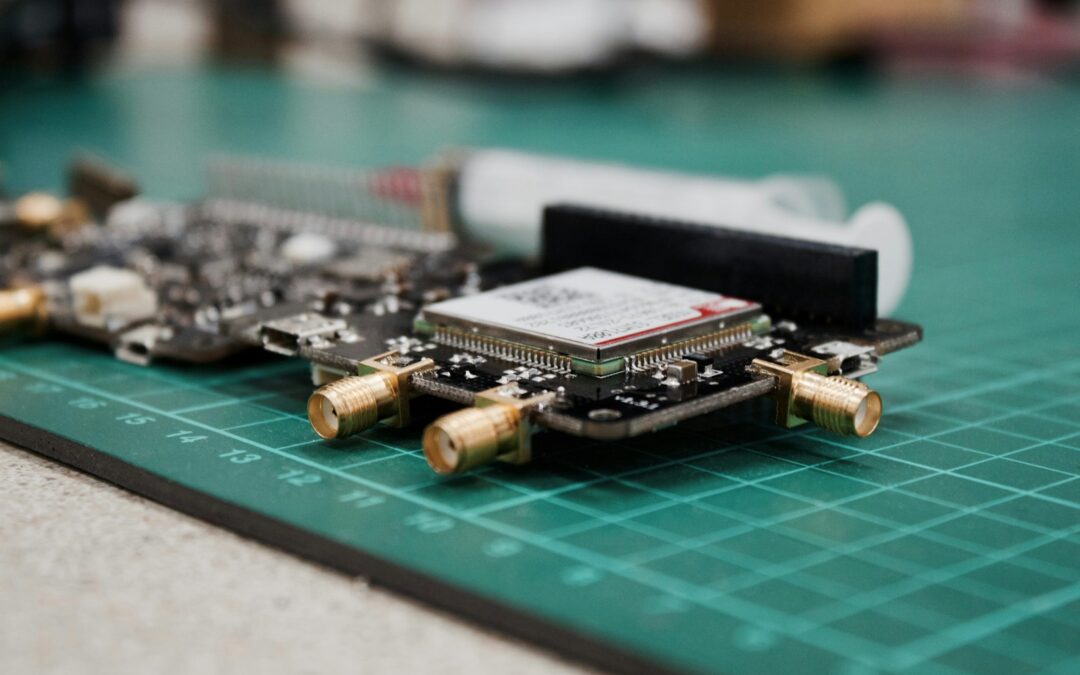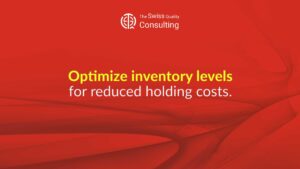Enhancing Decision-Making Through IoT and ERP Systems
Synergizing IoT with ERP for Strategic Insights
The integration of IoT and ERP systems has revolutionized how organizations make decisions and enhance productivity. By combining the real-time data collection capabilities of IoT with the comprehensive resource management functions of ERP systems, businesses gain unparalleled insights into their operations. In the rapidly developing economic environments of Dubai and Riyadh, this synergy is crucial for maintaining a competitive edge and driving informed decision-making. IoT devices provide continuous streams of data from various operational aspects, including inventory levels, equipment performance, and environmental conditions. When this data is fed into ERP systems, it allows for a more accurate and up-to-date view of organizational performance, leading to more strategic decisions.
For instance, in the manufacturing sector, IoT sensors can monitor machinery and production processes, sending real-time data to ERP systems. This integration enables businesses to predict maintenance needs, optimize production schedules, and reduce downtime. Such capabilities are particularly valuable in regions like Saudi Arabia and the UAE, where operational efficiency and timely decision-making are essential for business success. By harnessing IoT and ERP together, organizations can enhance their strategic planning, respond swiftly to market changes, and improve overall business agility.
Optimizing Productivity with Real-Time Data
One of the significant advantages of integrating IoT with ERP systems is the improvement in productivity through real-time data access. IoT devices continuously capture and transmit data on various operational metrics, which is then processed by ERP systems to provide actionable insights. This real-time visibility allows businesses to make prompt adjustments and improvements, thereby optimizing their productivity. In Dubai, where innovation drives business growth, leveraging real-time data can lead to substantial gains in efficiency and effectiveness.
For example, in the retail sector, IoT sensors can track inventory levels and customer preferences, while ERP systems manage supply chain and sales processes. The integration of these systems ensures that inventory levels are accurately managed, reducing overstock and stockouts, and ultimately improving customer satisfaction. This seamless flow of information between IoT devices and ERP systems ensures that businesses can respond to changes swiftly, streamline their operations, and enhance their overall productivity.
Enhancing Operational Efficiency Through Integration
Integrating IoT with ERP systems not only improves decision-making and productivity but also enhances overall operational efficiency. By merging real-time data with comprehensive resource management, businesses can streamline their operations and reduce inefficiencies. In Saudi Arabia, where large-scale projects and complex supply chains are prevalent, this integration is crucial for maintaining high levels of efficiency and performance.
For instance, in logistics and supply chain management, IoT sensors provide real-time tracking of shipments and inventory, while ERP systems coordinate procurement, warehousing, and distribution activities. The integration of these systems ensures that all components of the supply chain are aligned, reducing delays and improving coordination. This enhanced operational efficiency translates to cost savings, faster response times, and a more resilient supply chain, ultimately contributing to the overall success and growth of businesses in the region.
Driving Business Success with IoT and ERP Integration
Fostering Innovation and Competitive Advantage
The integration of IoT and ERP systems drives business success by fostering innovation and providing a competitive advantage. By leveraging the combined power of real-time data and comprehensive resource management, organizations can explore new business models and strategies that set them apart from their competitors. In the thriving markets of Dubai and Riyadh, where technology and innovation are central to economic development, this integration is a key driver of growth and differentiation.
For example, businesses can use IoT and ERP integration to develop innovative solutions such as predictive maintenance services or personalized customer experiences. By harnessing data from IoT devices and analyzing it through ERP systems, companies can identify emerging trends, customer preferences, and operational inefficiencies. This insight allows them to create new products, optimize existing services, and stay ahead of market trends, enhancing their competitive position and driving long-term success.
Improving Leadership and Management Through Data Integration
Effective leadership and management are critical for leveraging the full potential of IoT and ERP integration. By understanding and utilizing the data provided by these systems, business leaders can make informed decisions that drive organizational success. In Saudi Arabia and the UAE, where business environments are dynamic and competitive, strong leadership is essential for navigating challenges and seizing opportunities.
Executive coaching services can play a pivotal role in helping leaders and managers understand how to use IoT and ERP data to enhance their decision-making and management skills. By providing training and support in data interpretation and strategic planning, these services ensure that business leaders are equipped to make data-driven decisions that improve productivity and drive growth. This focus on leadership development helps organizations fully leverage their IoT and ERP systems, leading to more effective management and better business outcomes.
Future-Proofing Businesses with Integrated Systems
Looking ahead, the integration of IoT and ERP systems is essential for future-proofing businesses and ensuring continued success. As technology continues to evolve, organizations must adapt to new tools and methodologies to stay competitive. In the rapidly growing economies of Dubai and Riyadh, investing in advanced technologies like IoT and ERP is crucial for maintaining a competitive edge and achieving long-term growth.
By embracing IoT and ERP integration, businesses can position themselves to respond to future technological advancements and market shifts. This proactive approach to technology adoption ensures that organizations remain agile, innovative, and resilient in the face of change. As technology continues to advance, the ability to integrate and leverage new tools will be a key factor in driving business success and ensuring sustained growth.
Conclusion
The integration of IoT with ERP systems offers significant benefits for decision-making, productivity, and overall business success. By combining real-time data with comprehensive resource management, organizations can enhance their operational efficiency, foster innovation, and achieve a competitive advantage. In the dynamic business environments of Saudi Arabia and the UAE, leveraging IoT and ERP integration is essential for driving growth and ensuring long-term success.
—
#IoTandERPIntegration #BusinessProductivity #DecisionMaking #EnterpriseResourcePlanning #ModernTechnology #BusinessSuccess #LeadershipSkills #ProjectManagement #GenerativeAI #ExecutiveCoaching













